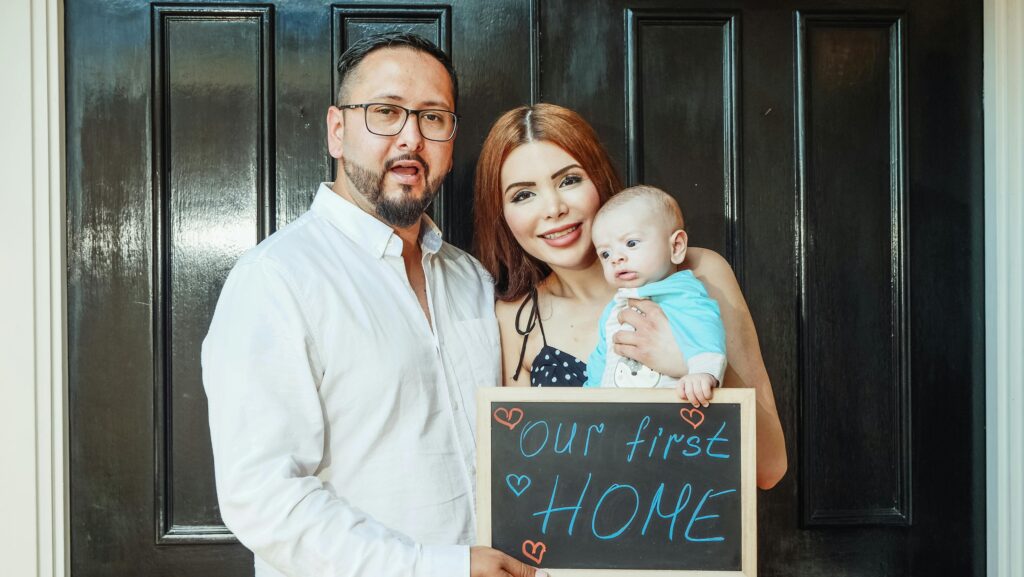Expat
Making your dream home in the Netherlands a reality
Are you an expat ready to settle into your new home in the Netherlands? The Dutch mortgage system can seem daunting, but with the right guidance, you can easily find the perfect mortgage solution for your situation. Whether you’re here for work, planning to stay long-term, or looking to invest in property, we’re here to help you navigate the process with ease. Let us offer personalized advice to ensure you make informed decisions and turn your homeownership dreams into a reality.
We assist expats in multiple languages. In addition to English, we also offer support in Urdu and Hindi. Feel free to contact us for mortgage advice in the language you’re most comfortable with!
What you need to know as an Expat looking to buy a home in the Netherlands
Your Residence Status and Work Permit
The first thing banks will look at is your residency status. To apply for a mortgage, you need to have a valid residence permit or be a long-term resident. If you’re in the Netherlands temporarily, it may be harder to get a mortgage, but don’t worry – there are still options available for people who are here for the long term, whether for work or personal reasons.
Income and Employment
Just like in your home country, banks will want to make sure you have a stable income to handle your mortgage. This means providing your payslips, tax returns, and possibly even your employment contract. If you’ve been self-employed or working as a freelancer, we can help you demonstrate your financial stability.
Tax Returns and Financial Documentation
As an expat, banks will need to see proof of your income and financial situation. Typically, you’ll need to provide your Dutch tax return, as well as tax returns and financial documents from your home country. This paperwork helps banks assess your ability to repay the loan.
The Loan-to-Value Ratio (LTV)
In the Netherlands, most banks offer a mortgage with a maximum loan-to-value (LTV) ratio of 100%. This means you may need to put down at least 10-20% of the property’s value as a deposit. The amount you can borrow depends on your financial situation and how much you can afford to pay monthly.

Finding the Right Mortgage and Interest Rates
There are several mortgage options available for expats, from fixed-rate to variable-rate mortgages. We’ll work with you to find the best mortgage solution for your unique needs and help you secure the most favorable interest rates.
Credit History
While banks will look at your Dutch credit score, having a strong credit history in your home country can also help. If you’re new to the Netherlands, we’ll explain how to build your Dutch credit profile and ensure you’re in the best position to secure a mortgage.
Additional Costs
Keep in mind there are extra costs when buying a home in the Netherlands, such as notary fees, taxes, and registration fees, which can add up to 6-7% of the property price. It’s important to budget for these extra costs when planning your purchase.
The Dutch Housing Market
The housing market in the Netherlands can be competitive, particularly in cities like Amsterdam, Rotterdam, and Utrecht. It’s essential to understand local market trends and the buying process. We’ll help you navigate the market and ensure you make the best decision for your future home.
Get informed in your own language
Don’t just take our word for it

What Do Banks Require for Expats?
When you apply for a mortgage as an expat, banks in the Netherlands have a few key requirements. Here’s what you can expect:
- Valid Residence: You must have a valid residency permit and proof of stable residence.
- Steady Income: Banks want to see a consistent income, whether from your job or your business.
- Tax Returns: You’ll need to provide recent payslips, tax returns, and sometimes an employment contract.
- Down Payment: Depending on your situation, you may need to contribute at least 10-20% of the property price as a down payment.
- Debt-to-Income Ratio: The bank will look at how much debt you have compared to your income to make sure you can afford your monthly payments.
Let us help you make the Netherlands your home
Buying a home in the Netherlands as an expat can be overwhelming, but with the right guidance, it’s easy. At Orion, we specialize in helping expats navigate the mortgage process with confidence. We’ll guide you from understanding your finances to securing the best mortgage rate.
Ready to begin? Contact us today for personalized advice!

